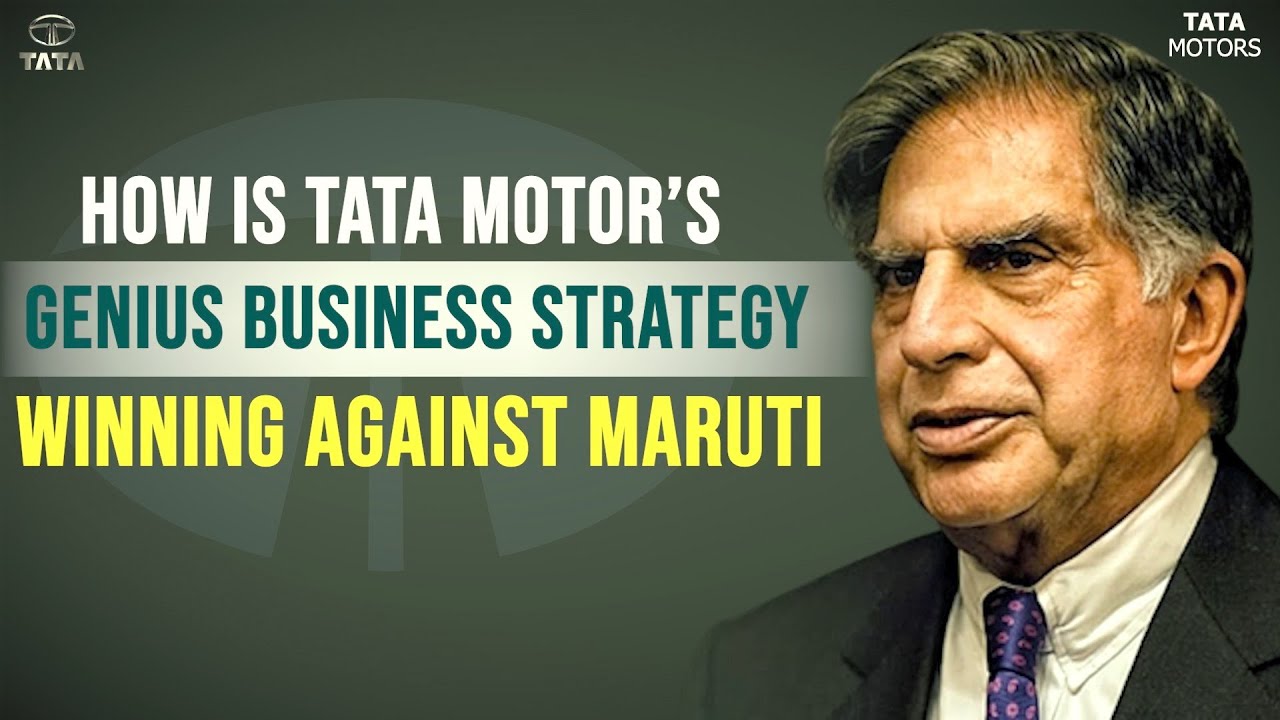Types of Motors used in EV | Single, Dual, Three & Four Motor Configuration in EV
Summary
TLDRThis video explores the various types of electric vehicle (EV) motors and their configurations, highlighting their impact on performance and efficiency. It discusses the workings of different motors such as brushed and brushless DC motors, permanent magnet synchronous motors, and induction motors, detailing their strengths and weaknesses. The video also covers single, dual, and multi-motor systems, explaining how each configuration affects torque distribution, acceleration, and handling. With a focus on advancements in EV technology, it invites viewers to share their thoughts on the best powertrain systems for an enhanced driving experience.
Takeaways
- 🚗 Electric vehicles (EVs) come with various motor configurations, including single, dual, triple, and four-motor setups, which affect power delivery and performance.
- ⚙️ The placement of electric motors is crucial, as it influences the agility and handling of the vehicle.
- 🔋 An electric motor operates by using electrical energy from the battery to create a magnetic field that drives a rotor, generating mechanical energy.
- 🔌 There are seven main types of electric motors used in the automobile industry, each with unique strengths and weaknesses.
- 🔄 Brushed DC motors are simple and provide high torque at low speeds, but they are bulky and less efficient, making them less common in modern EVs.
- 🌀 Brushless DC motors are preferred in EVs due to their high efficiency (95-98%) and maintenance-free operation, despite being more expensive.
- 🏎️ Permanent Magnet Synchronous Motors offer high torque and efficiency, making them suitable for various EV applications, including the Chevrolet Bolt and Nissan Leaf.
- 🔧 Induction motors are favored for performance-oriented electric vehicles due to their longevity and efficiency, exemplified by the Tesla Model S.
- 🛠️ Dual motor systems improve torque distribution, handling, and traction control, allowing for better performance under varying road conditions.
- 🚀 Advanced configurations, like three or four motor setups, enhance torque vectoring capabilities, improving overall driving experience and safety.
Q & A
What are the different drivetrain configurations available for electric vehicles (EVs)?
-Electric vehicles can have various drivetrain configurations, including single motor, dual motor, three motor, and separate motors for each wheel.
How does the placement of the electric motor affect vehicle performance?
-The placement of the electric motor significantly influences power delivery and the overall purpose of the vehicle, affecting agility and handling.
What is the basic principle of how an electric motor works in a car?
-An electric motor operates by using a current to create a magnetic field in the stator, which causes the rotor to spin, producing mechanical energy that powers the vehicle.
What are some advantages and disadvantages of brushed DC motors in EVs?
-Brushed DC motors provide maximum torque at low speeds but are bulky, inefficient, and generate heat that is difficult to dissipate, making them unsuitable for modern EVs.
What characteristics make brushless DC motors the preferred choice for electric vehicles?
-Brushless DC motors are maintenance-free, efficient (95-98%), and suitable for high power density designs, making them ideal for electric vehicle applications.
What are the advantages of using permanent magnet synchronous motors in electric vehicles?
-Permanent magnet synchronous motors offer high efficiency, compact design, and the ability to operate at various speed ranges without a gear system.
Why are induction motors considered suitable for performance-oriented electric vehicles?
-Induction motors are cost-effective, require less maintenance, and can achieve high efficiencies (92-95%), making them ideal for performance applications.
How do dual motor systems improve vehicle performance compared to single motor systems?
-Dual motor systems enhance acceleration, efficiency, and traction by distributing torque between front and rear axles, providing better handling and stability.
What is torque vectoring, and how does it benefit electric vehicles with multiple motors?
-Torque vectoring allows individual control of torque applied to each wheel, improving handling and stability, particularly during cornering or challenging road conditions.
What potential advantages do in-wheel electric motors offer for future electric vehicles?
-In-wheel electric motors can improve efficiency, free up space within the vehicle body, and allow for more flexible vehicle designs by distributing power directly at the wheels.
Outlines

Cette section est réservée aux utilisateurs payants. Améliorez votre compte pour accéder à cette section.
Améliorer maintenantMindmap

Cette section est réservée aux utilisateurs payants. Améliorez votre compte pour accéder à cette section.
Améliorer maintenantKeywords

Cette section est réservée aux utilisateurs payants. Améliorez votre compte pour accéder à cette section.
Améliorer maintenantHighlights

Cette section est réservée aux utilisateurs payants. Améliorez votre compte pour accéder à cette section.
Améliorer maintenantTranscripts

Cette section est réservée aux utilisateurs payants. Améliorez votre compte pour accéder à cette section.
Améliorer maintenantVoir Plus de Vidéos Connexes

Inside Electric Vehicle Powertrains: A Comprehensive Guide for Engineers

Electric Car Batteries Everything You Need To Know

EV Electrical Systems BASICS!

How TATA motors' GENIUS STRATEGY is racing it past Hyundai & Suzuki in India? : Business Case study

Hybrid Electric Vehicle Technology and Types of Electric Vehicles Explained

도대체 뭘 했기에? G80 NVH가 이럼?
5.0 / 5 (0 votes)
